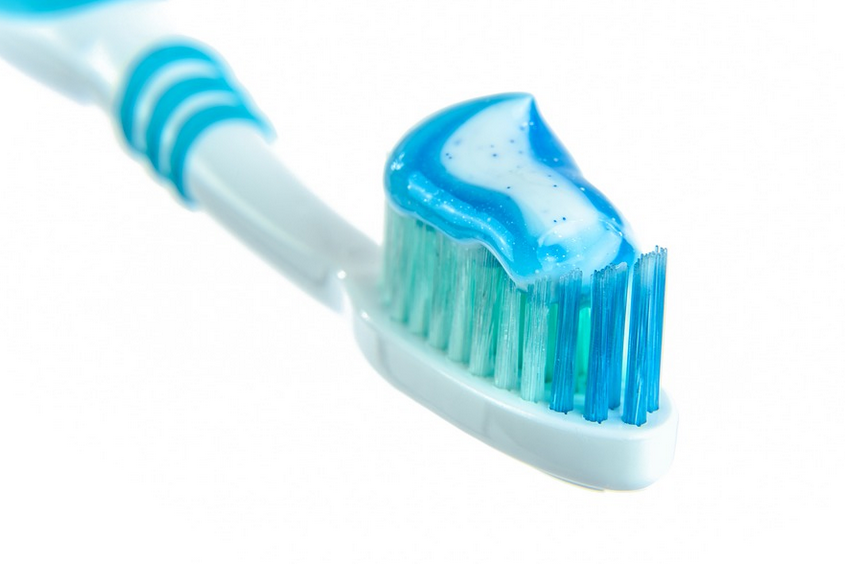The finest toothpaste for you will rely on your individual needs and preferences among the many various toothpaste varieties that are available. When selecting toothpaste, keep the following in mind:
- Fluoride: Fluoride is a mineral that helps to strengthen the enamel on your teeth and prevent tooth decay. It is generally recommended to use a toothpaste that contains fluoride.
- Sensitivity: If you have sensitive teeth or gums, you may want to use a toothpaste that is formulated for sensitivity. These toothpastes contain ingredients that can help to reduce sensitivity and provide relief.
- Whitening: If you are looking to whiten your teeth, there are toothpastes that contain bleaching agents that can help to remove surface stains and brighten your smile.
- Tartar control: If you are prone to tartar buildup, you may want to use a toothpaste that is formulated to help control tartar. These toothpastes contain ingredients that can help to prevent the formation of tartar on your teeth.
- Natural ingredients: Some people prefer to use toothpaste that is made with natural ingredients. There are toothpastes available that are made with plant-based ingredients and do not contain harsh chemicals or artificial colors and flavors.
Selecting toothpaste that is suitable for your requirements and with the American Dental Association (ADA) seal of approval is crucial. The toothpaste has been examined and proven to be both safe and efficient, as shown by the ADA seal. Consult a dental expert if you have any questions regarding the best toothpaste to use.
Baking Soda:
For natural dental cleaning, baking soda (sodium bicarbonate) can be a good substitute for toothpaste. Its slightly abrasive texture can aid in removing food debris and plaque from teeth. It can also aid in neutralizing oral acids, which can stop tooth decay.
Note that pure baking soda might be too abrasive for some people’s teeth and gums, though. It can wear down the enamel on your teeth and create sensitivity when used excessively or too regularly. After using baking soda, it’s crucial to properly rinse your mouth to get rid of any leftover substance.
Fluoride helps to strengthen tooth enamel and prevent tooth decay, so it is generally a good idea to use a fluoride-containing toothpaste. For maintaining good oral hygiene and avoiding dental issues, fluoride toothpaste is widely regarded as the best option.
It is a good idea to speak with a dental expert first if you’re considering using baking soda as a natural toothpaste substitute. They may provide you tips on how to utilize baking soda for your oral hygiene regimen in a way that is safe and suitable for your individual requirements.
Other Alternatives:
To clean your teeth, you can use a variety of natural alternatives to conventional toothpaste. Several instances include:
- Baking soda: Baking soda (sodium bicarbonate) is a natural cleaning agent that has a mildly abrasive texture. It can help to remove plaque and food particles from your teeth and neutralize acids in your mouth, which can prevent tooth decay. However, it is important to note that pure baking soda may be too abrasive for some people’s teeth and gums, and it is important to rinse your mouth thoroughly after using it.
- Hydrogen peroxide: Hydrogen peroxide is a natural disinfectant that can kill bacteria in your mouth. It can be mixed with water and used as a mouthwash, or it can be added to your toothbrush along with a small amount of baking soda to create a natural toothpaste. Do not swallow any toothpaste, always spit it out.
- Coconut oil: Coconut oil has natural antibacterial and antimicrobial properties, and it can be used as a natural alternative to toothpaste. It can be mixed with a small amount of baking soda to create a natural toothpaste, or it can be used on its own as a mouthwash.
- Salt: Salt has natural antibacterial and antimicrobial properties, and it can be mixed with water to create a natural mouthwash. It can also be mixed with a small amount of baking soda to create a natural toothpaste.
Check with your dentist before you use any alternative to commercially available tooth paste.

